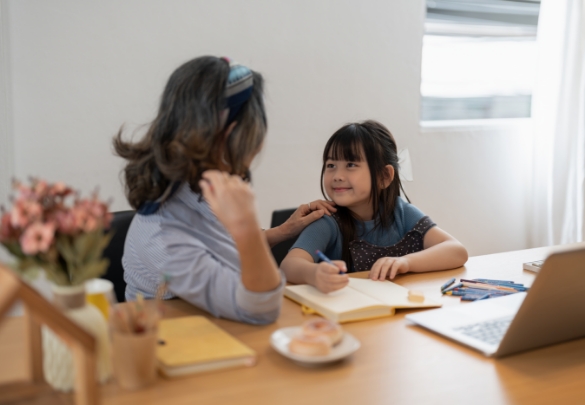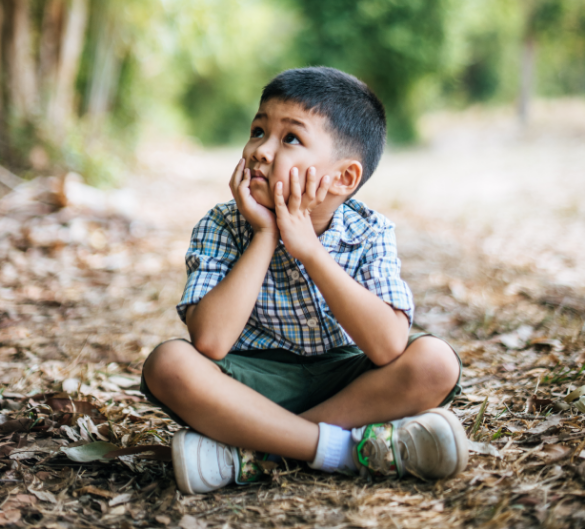Addressing Emotional and Social Struggles Through Child Counselling in Singapore
At EMCC, we understand that every child faces unique struggles. Our child and youth counselling services in Singapore are designed to provide the right support, helping young minds overcome emotional, behavioural, and social challenges with care and guidance:
Family Changes:
Coping with divorce, separation, or the loss of a loved one.
Bullying and Peer Pressure:
Navigating negative peer interactions that affect self-esteem.
Academic Struggles:
Managing frustration and behavioural issues linked to difficulties in school.
Emotional and Behavioural Challenges:
Addressing anxiety, depression, and anger management.
Special Educational Needs:
Supporting children with ADHD, Autism, Dyslexia, or developmental delays.
Trauma and Abuse:
Healing from exposure to traumatic events, neglect, or abuse.















